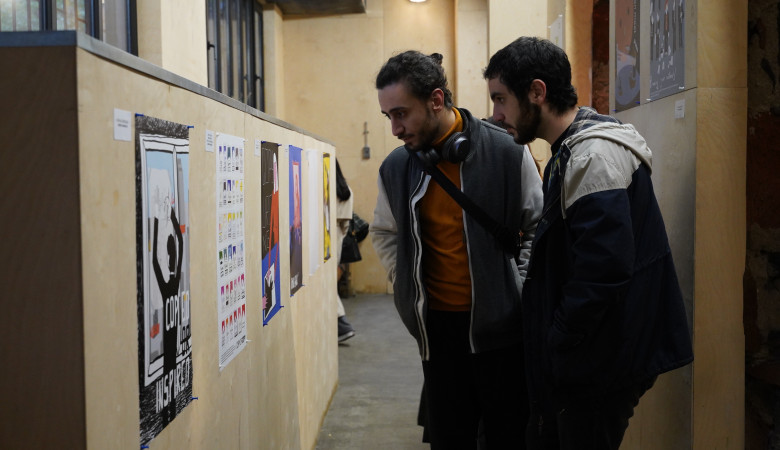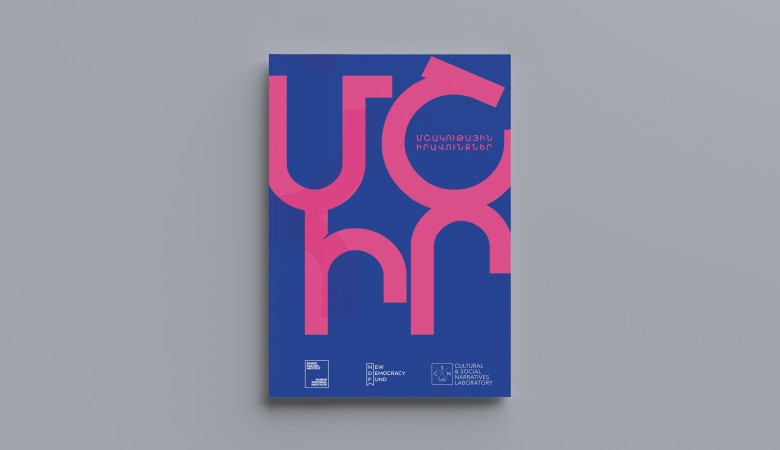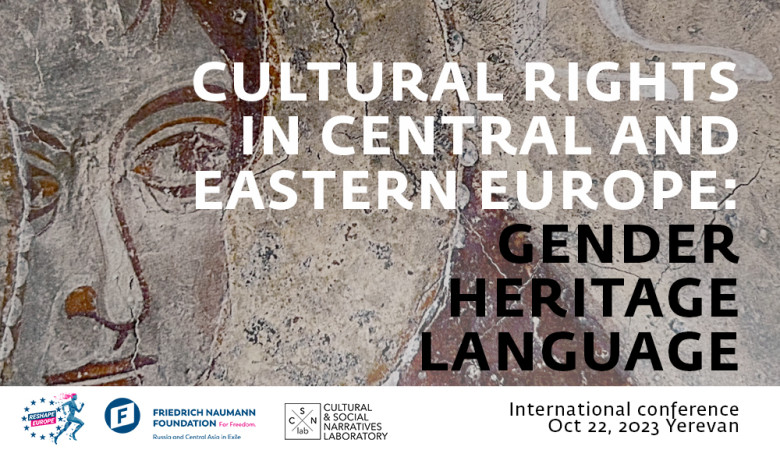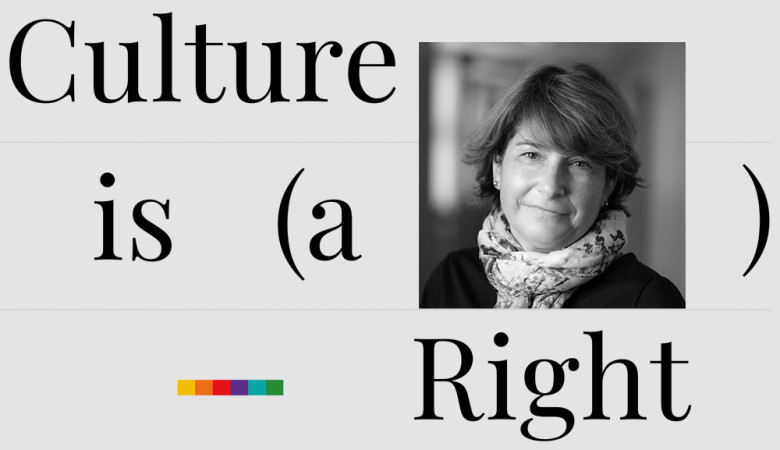Fostering Democracy: Safeguarding Cultural Rights
Cultural Resilience: Navigating Political Crisis Through Dialogue
Culture is (a) Right
Cultural rights in Armenia
Over the last few years, various movements in Armenia try to protect our rights and freedoms in one way or another. Actors such as activists, independent media, researchers, cultural workers, artists and civil society itself are involved in this process. The range of current issues is comprehensive and multi-layered: from saving the environment and dealing with matters related to urban development to the protection of the rights of various social groups. Despite diligent efforts, we are the witnesses of the situation where the absence of the appropriate language, knowledge, and experience results in the non-existence of means and methods of influence, which are vital for the formation of the movement and dialogue with the authorities. In Armenia and the region in general, fundamental human rights and freedoms are so threatened and targeted that the sensitivity towards notions such as cultural rights keeps decreasing.
One of the main goals of the Cultural and Social Narrative Laboratory is to contribute to and encourage the formation of the discourse on cultural rights. We want the rights of artists and cultural workers to be protected in Armenia, education and culture to be accessible to everyone.
What are cultural rights?
Cultural rights are a part of human rights, the protection and advocacy of which is relatively new. They were defined for the first time in the 26th and 27th articles of the UN Universal Declaration of Human Rights (UDHR, 1948). Since 2009, by the 10/23th decision of the Human Rights Council, the institute of the special rapporteur on cultural rights has been established.
There are 4 core cultural human rights:
Access to education,
The right to participate in cultural life,
The freedom to benefit from scientific progress and its applications,
Authors’ rights protection.
It is worth mentioning UNESCO’s “The Convention on the Protection and Promotion of the Diversity of Cultural Expressions” (2005), which was ratified by Armenia in 2007. Despite the fact that our state has thus declared its willingness to take all the necessary efforts aimed at the protection of cultural rights, numerous issues related to artistic and cultural rights, which are mentioned in the convention, remain unsolved in the country.
Based on the programs and studies carried out by us, we can state that the most current issues in the field of cultural rights in Armenia are:
Endangerment of cultural heritage as a consequence of war and border changes,
The law of overriding public interest and the destruction of the old city,
Occupation of public spaces by the business sector,
Unequal opportunities to participate in cultural life and gender-based discrimination,
Neo-colonialist risks, which are manifested in the dissemination of Russian culture, the strengthening of the Russian language in the media, and in other ways.
Advocacy of cultural rights is one of CSN Lab’s main directions of activities. For several years now, the CSN Lab has been implementing various projects on topics, such as tangible and intangible cultural heritage, that is being destroyed as a result of war, protection of public spaces, creation of equal opportunities for full participation in educational and cultural life for women, LGBTIQ+ persons and other groups marginalized by society, cultural aspects of the colonial past et cetera.
It is particularly important to mention the translation of the "Cultural rights manual", that has been implemented in collaboration with the New Democracy Fund. This is the first book in Armenian in this regard.
Furthermore, the CSN Lab has organised a “Copybition” exhibition, during which posters on copyright authored by 10 contemporary visual artists have been presented.
We continue to plan and implement projects aimed at mainstreaming cultural rights, wishing to contribute to the formation of the practice of institutional support provided to artists, the involvement of other organizations working in Armenia, and the strengthening and outstretching of democracy in the cultural sector.




